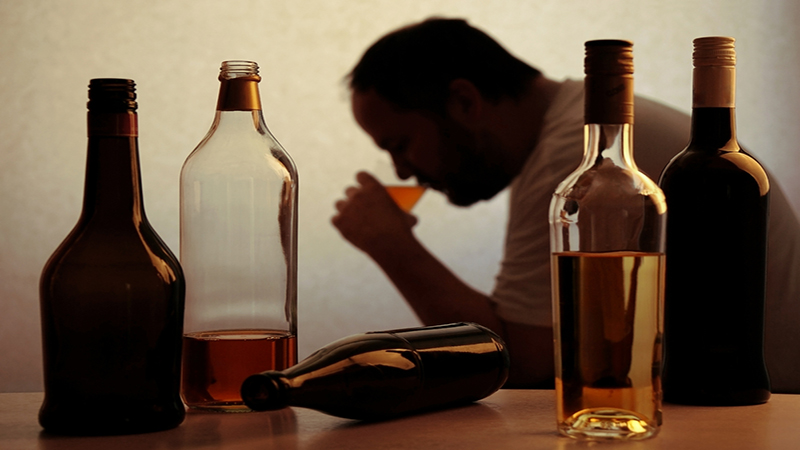Excessive Drinking Under Atlanta GA Law

Excessive Drinking Under Atlanta GA Law
Alcohol misuse can bring both immediate and long-term health issues. Drinking excessively can weaken your immune system, lead to memory problems and interfere with brain function – not to mention impacting both family life and professional success.
Georgia law contains severe legal sanctions for anyone found drinking excessively, with common alcohol-related crimes such as:
1. Underage Drinking
Georgia is a “zero tolerance” state when it comes to underage drinking and driving, meaning even first-time offenders face jail time, fines, driver’s license suspension, alcohol education classes and other penalties for drinking while driving. A DUI conviction on a minor’s record could damage school performance, job/scholarship opportunities, social standing with peers and more.
Underage drinking (also known as minor in possession or MIP) can result in either misdemeanor or felony charges depending on its circumstances. Police often arrest underage offenders based on even just smelling alcohol in their person or vehicle; parents could face liability under “social host” laws should they knowingly provide alcohol to their teens.
2. Binge Drinking
Binge drinking can be a serious threat in Georgia. Binge drinking can cause accidents and injuries as well as health issues like liver damage. By taking steps to prevent binge drinking, people can help themselves from falling victim to this dangerous behavior. Some effective strategies include moderating alcohol consumption, avoiding beverages on an empty stomach, and including non-alcoholic beverages in meals as a part of the mealtime mealtime experience.
In 2007, more than 38% of high school students in Georgia who reported alcohol use engaged in binge drinking. It was most prevalent among 18-24 year-old males with household incomes exceeding $75,000. American Indian/Alaska Natives/Pacific Islanders experienced binge drinking most often and frequently than any other population group, and American Indian/Alaska Natives with household incomes greater than $75,000 also displayed high frequency and intensity levels for binge drinking.
Many municipalities in Georgia have passed anti-Happy Hour laws that forbid alcohol from being served at restaurants or bars during Happy Hour, such as from 12-1 PM on weekdays.
3. Heavy Drinking
Consuming multiple drinks over an extended period is one of the primary factors in determining one’s blood alcohol concentration (BAC), or DUI limit in Georgia. Sobriety charts provide useful guidelines as to how many standard alcohol beverages (such as 12 ounce beers, 5 ounce glasses of wine and 1.5 ounce shots of liquor) it takes them to reach this limit legally.
Not only can excessive drinking expose its drinker to legal penalties, it may also result in serious repercussions for both themselves and those they affect. Such issues include:
Drinking too much can impair immune system function and increase one’s susceptibility to illness, lead to family and job-related conflicts, increase mental health risks, contribute to sexually transmitted diseases such as HIV/STIs and unintended pregnancy risks and contribute to sexually transmitted infections – studies estimate that an estimated 178,000 deaths and 4 million years of potential life are lost each year due to excessive alcohol consumption.
4. Pregnant Drinking
Pregnant alcohol use can have both immediate and long-term repercussions for mother and child. It can compromise immunity, increase the risk of high-risk pregnancies and birth defects such as Fetal Alcohol Syndrome (FAS) as well as create mental health issues in mother.
Atlanta drivers cannot legally operate their vehicle with any blood-alcohol concentration of more than 0.08% BAC.
Alcohol consumption while driving a motor vehicle is illegal and those found breaking this rule may face fines for violating it.
Under Georgia’s Dram Shop Act, convenience stores may be held liable if they serve an intoxicated customer who later causes an accident that injures others. Furthermore, it is illegal to sell “distilled spirits” within 200 yards of churches and schools.







